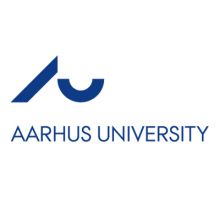Top universities where you can study archaeology
If you’re enthralled by human evolution and biology, ancient culture and language, the emergence of the early civilisations, or how humans interact with our heritage and environment, a degree in archaeology may be ideal.
Archaeology courses span across both the humanities and social sciences, examining human history over millions of years. This is achieved through a combination of examining materials found during excavations (typically in a laboratory) and investigating the social, historical and cultural contexts through research across a wide range of other disciplines (linguistics, classics, geography, art and statistics).
Like geography, degrees diverge as either a BSc (bachelor of science) or a BA (bachelor of arts). Either way, students will conduct fieldwork, usually spanning a total of four to six weeks across the course. This sort of work develops practical skills, grounds research and allows students to make their own discoveries. Depending on the university, there may be opportunities to travel to countries such as Greece and Egypt. Students are assessed through essay assignments and a dissertation in the final year.
Specialising within an archaeology degree offers a wealth of paths however, some of the most common specialisations are prehistoric archaeology, classical archaeology and medieval archaeology. Excavating human history is archaeology’s main focus, but some modules allow the exploration of historical animal and plant life, for example in archaeozoology and paleoethnobotany.
A course like archaeology equips students with a concentrated set of skills and knowledge, which is imperative in an archaeology-based profession; these include roles in heritage agencies, museums and local governments. However a degree in archaeology would also put you in good stead for a career in chartered surveying, education, the civil service, computing, marketing, business or finance.







